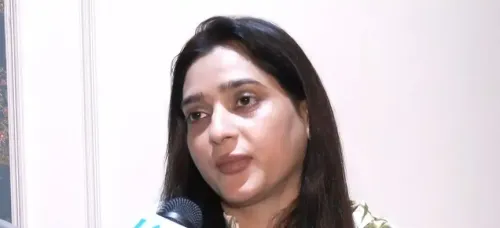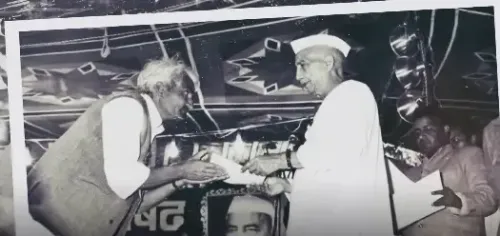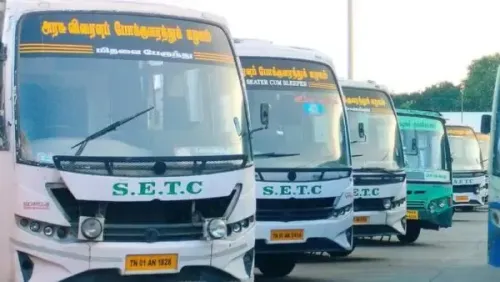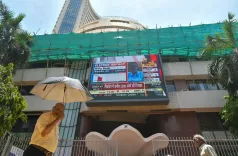Is the Congress MLA Bajwa Right in Accusing Punjab Govt of Selling State Assets?
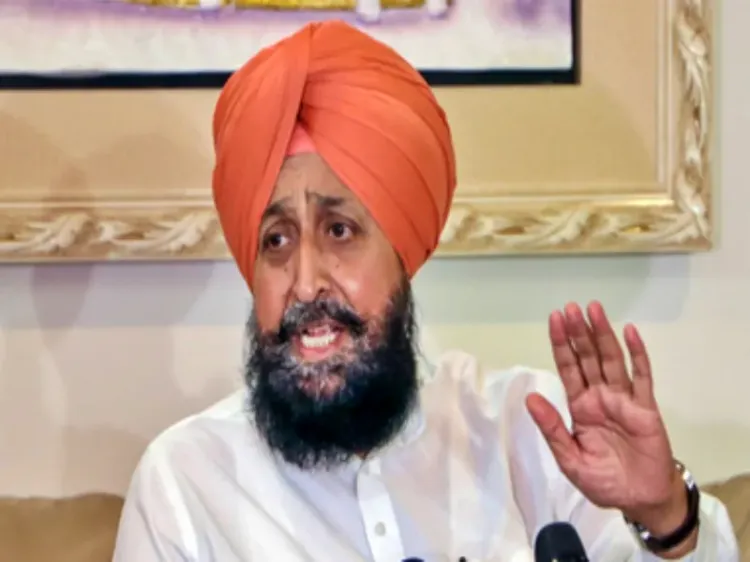
Synopsis
Key Takeaways
- Bajwa accuses AAP of financial mismanagement.
- Claim of selling state assets for political survival.
- Cited properties include prime land across Punjab.
- Public assets viewed as crucial for state development.
- Citizens are becoming aware of governance issues.
Chandigarh, Sep 20 (NationPress) The Leader of the Opposition in the Punjab Assembly, Partap Singh Bajwa, criticized the Aam Aadmi Party government on Saturday, claiming it is executing a systematic “liquidation of the state’s assets to conceal its severe financial mismanagement”.
Bajwa condemned Chief Minister Bhagwant Mann, Finance Minister Harpal Singh Cheema, and AAP national Convener Arvind Kejriwal, asserting that this “trio is guiding Punjab towards financial disaster while attempting to sell off five prime government properties totaling 111 acres”, which he described as a “desperate attempt to salvage their political careers by dismantling Punjab’s future”.
“This government has transformed Punjab into a bankrupt, mismanaged disaster. What we are witnessing is not governance, but outright theft -- plundering public assets to obscure their own failures,” Bajwa stated.
The properties identified by the high-powered committee on Optimum Use of Vacant Government Land (OUVGL) include: Printing Press Colony (eight acres) in Patiala, Printing Press Site (10 acres) in Patiala, Veterinary Hospital Land (2.27 acres) in Barewal Awana, Ludhiana, a sugar mill (89 acres) in Sheron, Tarn Taran, and PWD Guest House (1.75 acres) in Gurdaspur.
Bajwa argued that these lands are not merely valuable assets but also possess potential for public benefit and long-term state progress -- now being “auctioned off like scrap to fill the gaps in AAP’s financial missteps”.
Taking a jab at Kejriwal, Congress leader Bajwa remarked that the AAP chief’s claimed financial acumen, stemming from his previous position as an Assistant Commissioner of Income Tax, has turned out to be a “total sham”.
“Kejriwal vowed to generate Rs 34,000 crore annually by tackling corruption and another Rs 20,000 crore from mining. Where is that revenue? All we witness is deception, illusions, and now -- fire sales of Punjab’s properties,” Bajwa added. He cautioned that the populace is neither blind nor gullible.
“The citizens of Punjab have discerned AAP’s web of lies, deceit, and reckless governance. They will deliver a resounding electoral defeat to AAP -- one from which they won’t recover,” he concluded.


